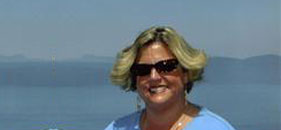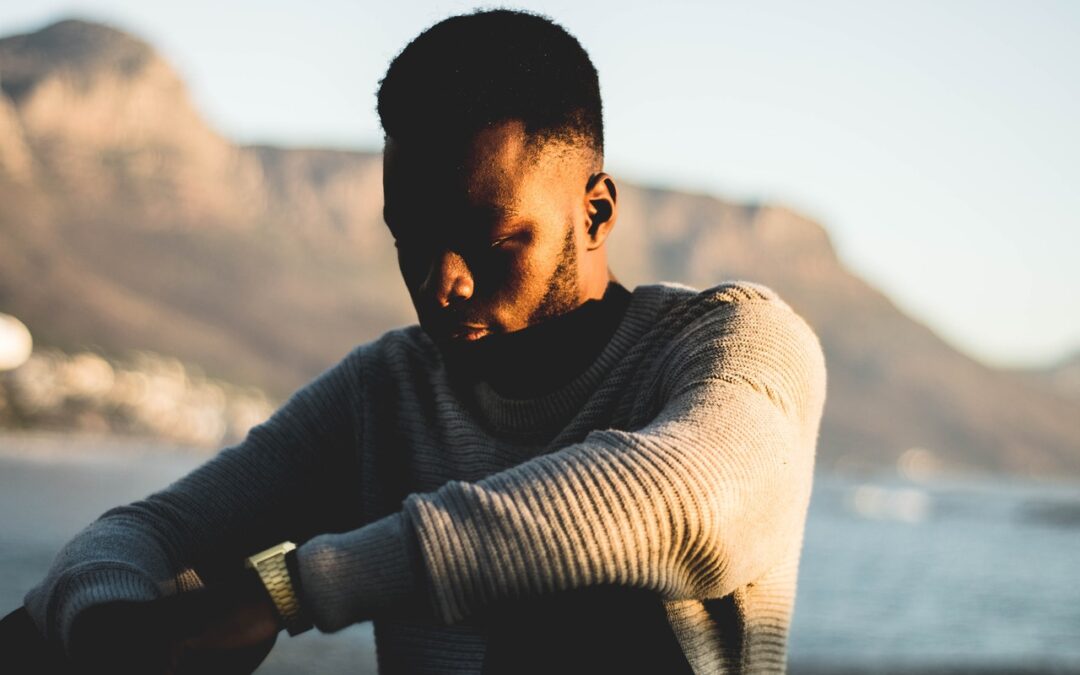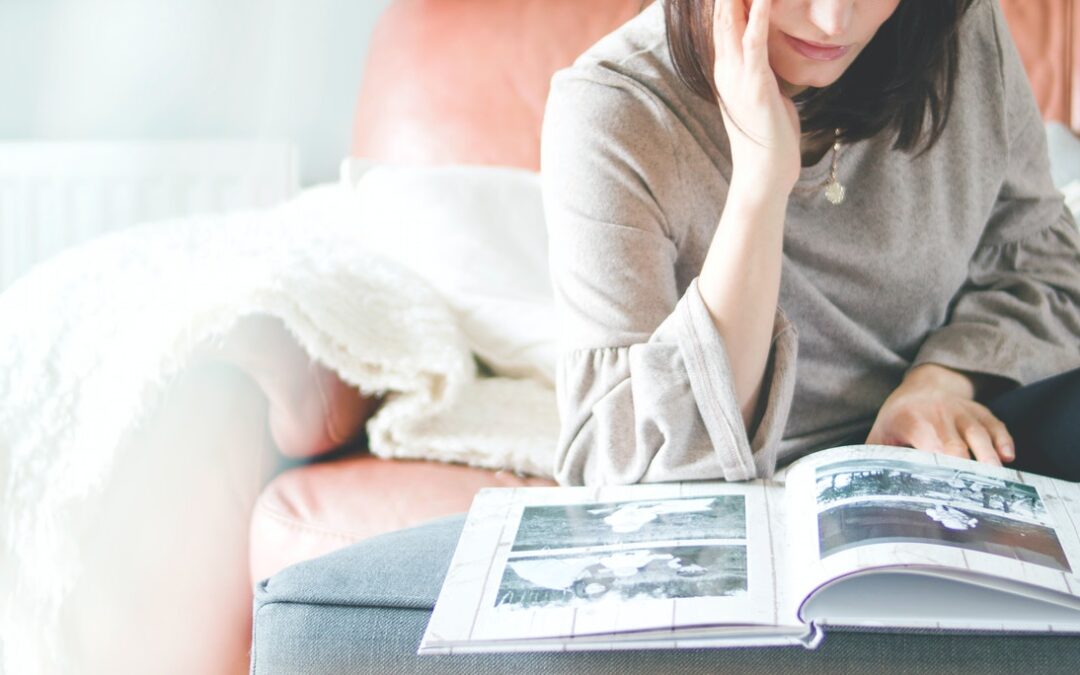
My Friend Forever
I met Sue when I interviewed her as a potential daycare provider for my son. She was a larger than life personality, but at the same time, gentle and loving. She had a special way with children that was clear from that very first interaction with my son. I recall her telling me years later that she actually preferred interacting with children to adults because children were authentic and honest beings. They say what they feel and live in the moment – which is exactly what Sue was like.
It took me a while to get really close to her. Having been a shy, quiet person all my life, I gravitated towards these loud, outspoken, energetic people, but I often just lived in their shadow. One morning when I was dropping my son off at her daycare during an extremely difficult situation in my life, Sue simply asked me, “Are you OK?” It was if the flood gates crashed open. I poured my heart out to her, letting her see every ounce of vulnerability in me. Sue did exactly what I needed most: listened intently, didn’t judge, didn’t offer advice. She was just a loving, safe shoulder for me to cry on. From that moment, my most important friendship was born.
Sue and I were different in a lot of ways, but emotionally, we were very similar. We both trusted each other enough that we could be 100% honest and say anything without fear of judgement. It was my first real understanding of what unconditional love felt like with someone other than my children. For that, I am truly grateful.
Often, I would take extended lunches from work and go sit with Sue in her living room while the children in her daycare napped, and we would just talk and enjoy each others company. We would act as sounding boards to whatever was going on in our lives. No topic was off limits, and even if we disagreed about something, we both knew that either of us would support the other no matter what.
Unfortunately, some years later I was laid off from my job. After that I lived and worked too far away to see her very often. But the distance did not lessen the importance of her friendship. I still considered her my best friend.
When my daughter died, Sue was the second person I called. She dropped everything and she and her husband came to stay in a hotel in our town for a number of days. I hadn’t asked her to do this, she just did. She was with me every step of the way in those horrible first few days. She took charge of making those impossible arrangements: mortuary, cemetery, location for the memorial, etc. She made sure I ate when I had no appetite. She took my hand and led me to my room when she saw I needed to collapse and get away from everyone. She even insisted to the staff at the mortuary that she be the one to comb my daughter’s hair and get her dressed for the viewing and memorial service so that it was done by someone who loved her. To this day, words could never adequately express my appreciation and love for Sue.
After battling heart issues for years, Sue passed away in her sleep at home several days before the first anniversary of my daughter’s death. It hit me like a ton of bricks. She was too young to die. Too full of life. I didn’t want to believe it. But as I’ve learned all too well, life is precious, unpredictable, and whether we like it or not, comes to an end at some point.
The morning after I heard that Sue died, I saw the most amazing sunrise. Tears rolled down my cheeks as I smiled, remembering what a wonderful friend she was and how I had become a better person through knowing her. My friendship with Sue will remain one of the most important relationships of my life. I miss her with all my heart.
Submitted by Maria Kubitz in loving memory of her friend, Susan Coronado.





 This website was inspired by the memory of Margareta Sol Kubitz in hopes of helping others work through the pain of grief.
This website was inspired by the memory of Margareta Sol Kubitz in hopes of helping others work through the pain of grief.